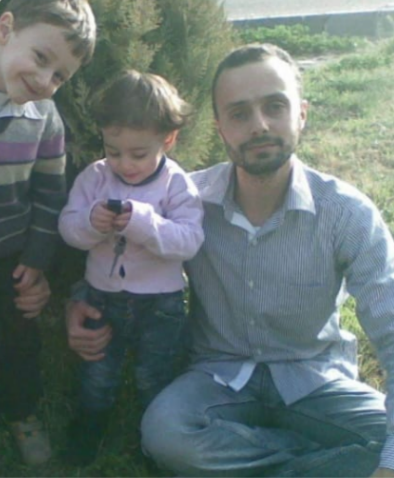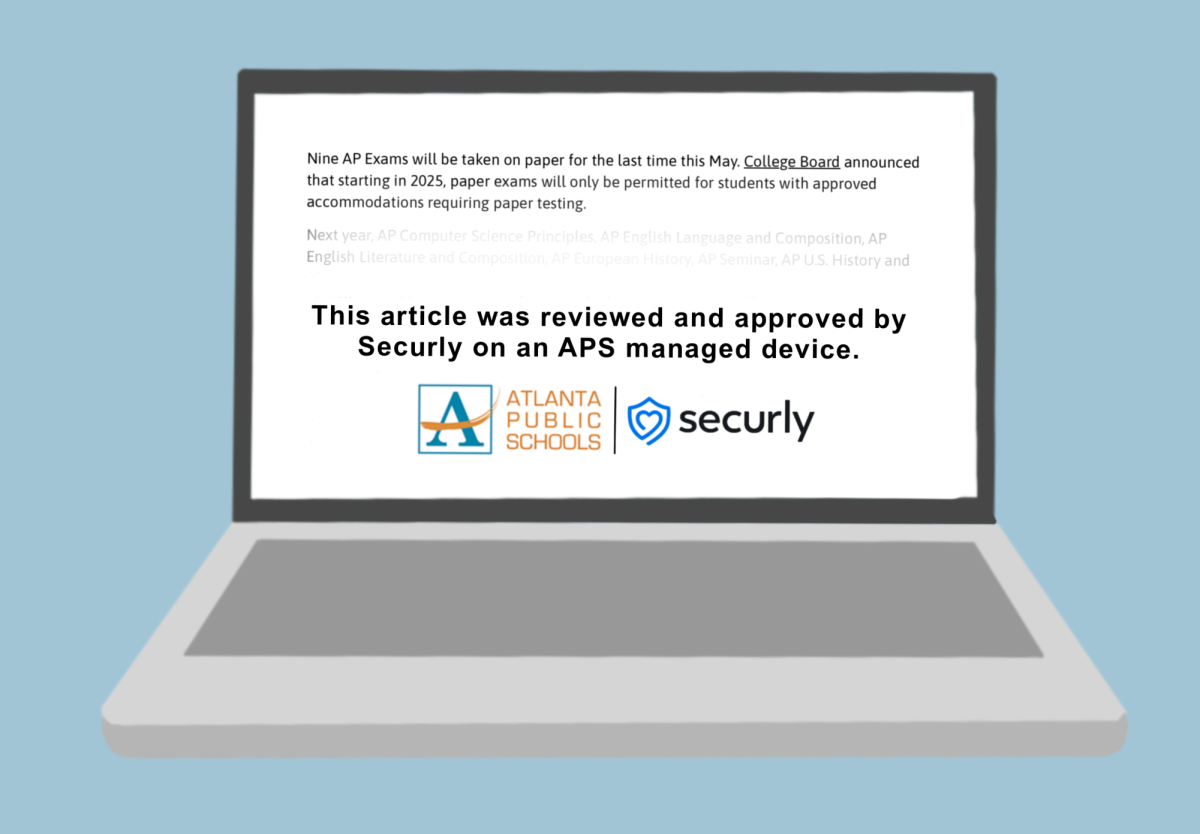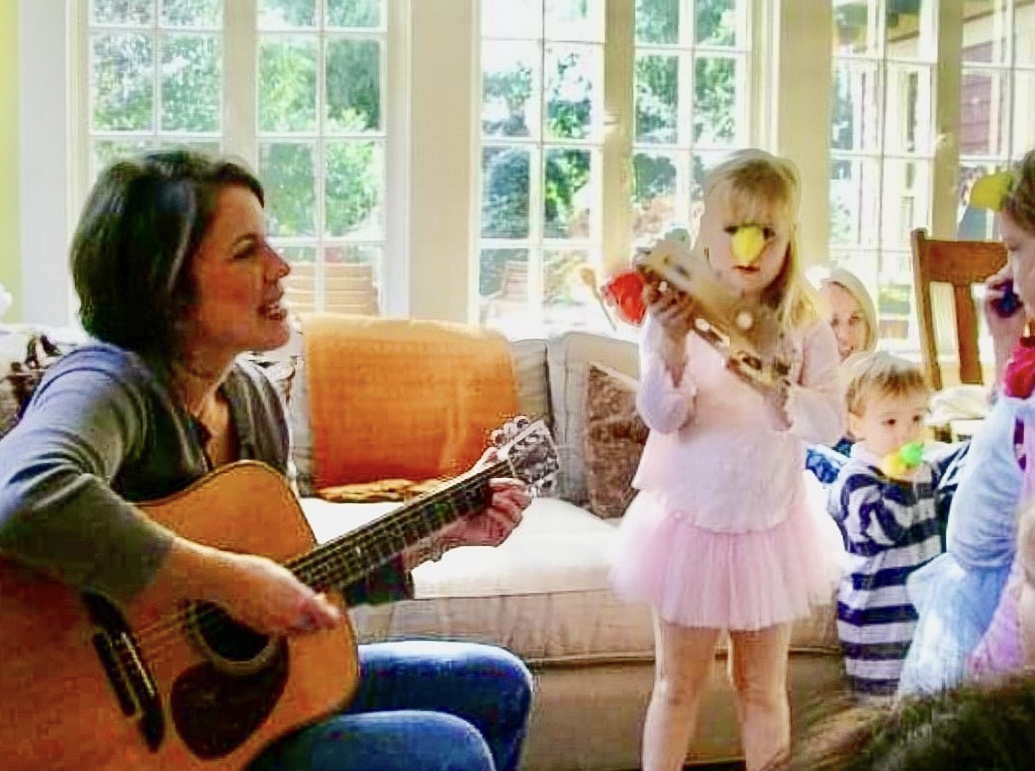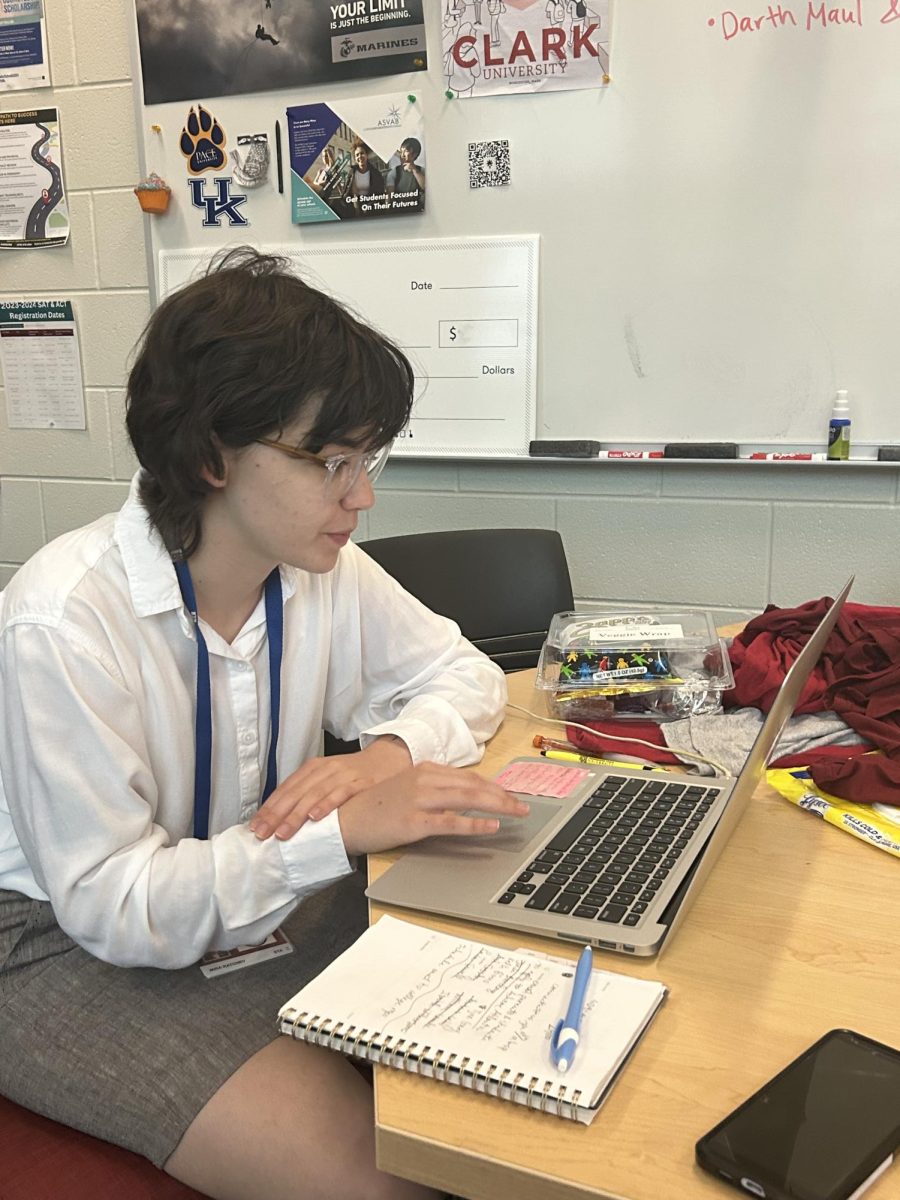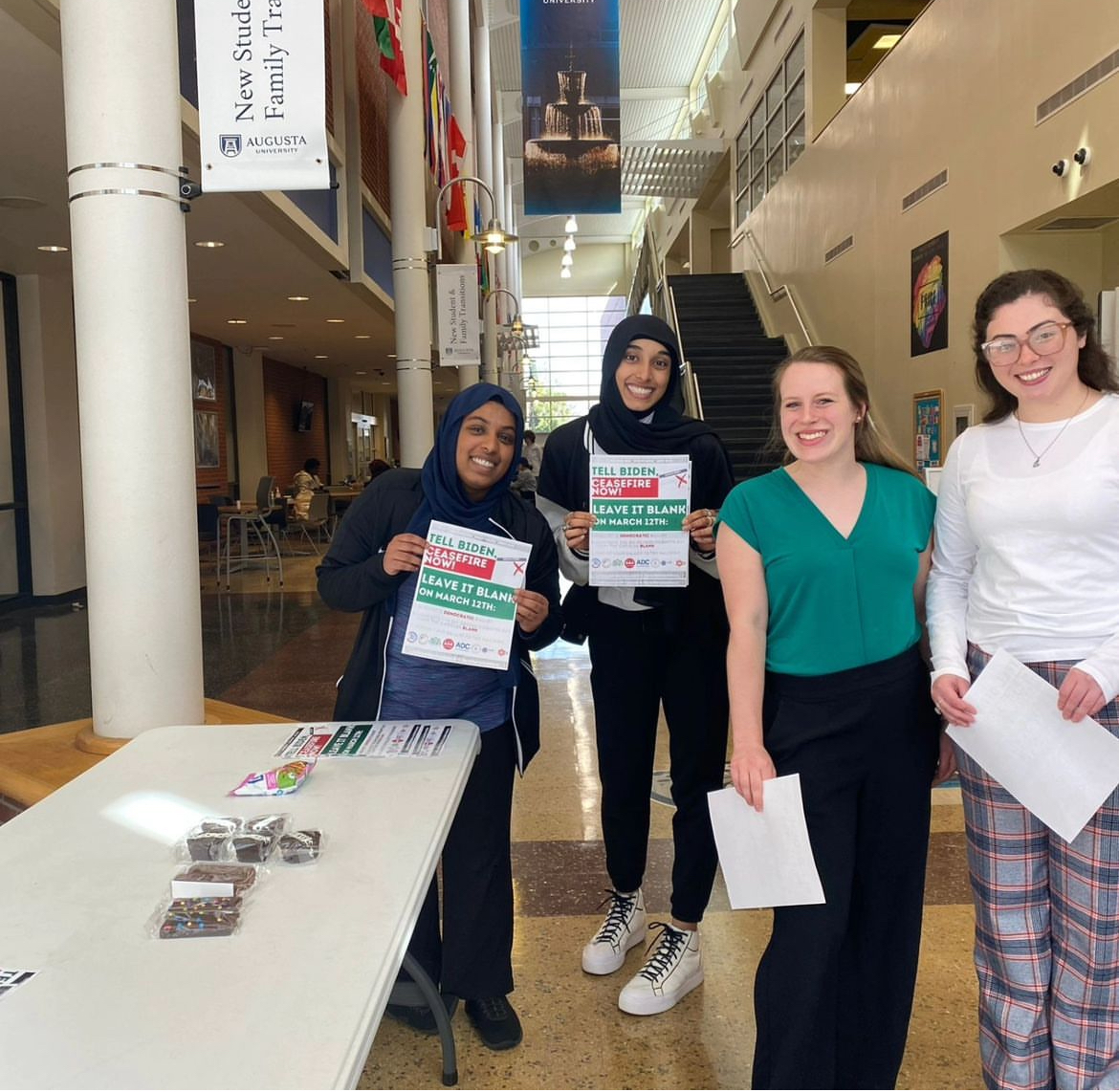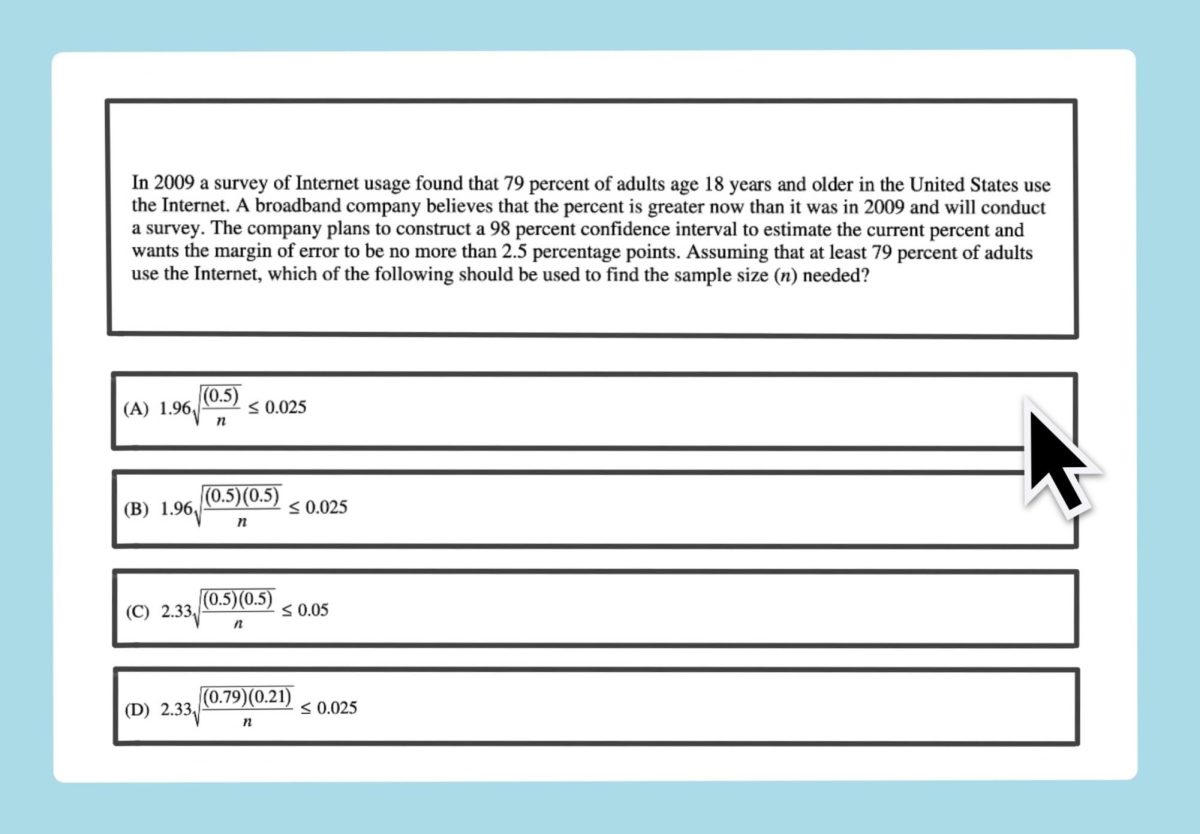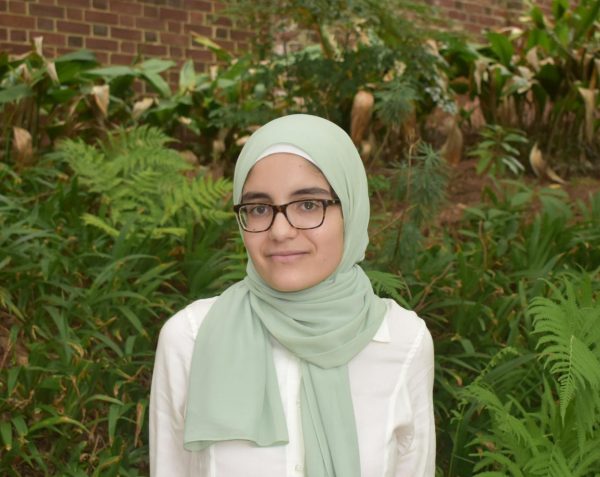This August marks the tenth anniversary of the deadly chemical attacks in the Ghouta district of eastern Damascus in Syria. Reflecting on the deadly event, thousands of survivors continue to struggle today.
Carried out by the Syrian regime, an estimated 1,600 civilians were killed after inhaling the toxic sarin and chlorine gas. Bahaa Aldeen lost 42 of his family members and reflects on how the event drastically changed his life.
“There was a lot of fear when it first happened,” Aldeen said. “People accepted that this was the end and no one was going to stop it. Everywhere you went, you would see dead bodies. I had this hope that no one I knew was dead, but when I was on my way back home, I saw the bodies of my relatives on the street.”
While Aldeen was not home at the time of the attack, the hours when the shelling began spiked fear in all of Ghouta’s citizens, and their nightmares were brought into reality.
“Others that survived went with me to see what was left of our neighborhood,” Aldeen said. “When I entered the homes of my neighbors, it looked like the people on the ground were asleep. When in reality, they were all dead because of the toxic chemicals that entered their homes.”
After hours of working with others to assist victims, Aldeen recalls seeing the aftermath of the attack and the vast effect on the community.
“After seeing the effect that the attack had on my community, me and many others lost hope to stay in Syria,” Aldeen said. “Everyone around me decided to leave Ghouta because they couldn’t handle it. At that time, no one could leave because the military was blocking exits out of the city. We were hoping that foreign policies could overturn this and allow us to leave.”
Aldeen relocated to Adana, Turkey, three months after the attack. Currently, he lives in Istanbul, Turkey, and works as a coffee shop owner. Today, he recognizes the struggles that persist in his daily life as a result of the attack.
“As of today, some relatives that survived suffer from what the attack did to them both physically and psychologically,” Aldeen said. “When I remember what happened, a wave of sadness washes over me, both to what happened and the way the rest of the world reacted.”
The attack on Ghouta encouraged almost two million Syrians to flee their homes and seek refuge by the end of 2013. Meryem Hamki was only 21 when she fled Syria in 2013 and began her journey as a refugee to Turkey, like Aldeen.
“We first left Syria and went to Lebanon,” Hamki said. “The road was scary because of the sound of gunfire and explosions. At the border, they didn’t let my brother and sister cross and forced them to return to Syria. I was so scared, but felt more comfortable once we arrived in Lebanon. The journey to Turkey was hard but safe.”
Once arriving in Turkey, Hamki faced discrimination as a refugee arriving in a new country. She felt unwanted from the treatment she received from residents in Turkey.
“Hatred and hate speech are the worst things you face as a refugee,” Hamki said. “You feel unwanted and not accepted as a human. The biggest challenge is the language, especially once you first arrive, and also coming to a new community and a new culture.”
Hamki feels as though her life has changed because of the sudden leave.
“I miss my parents, my friends and school,” Hamki said. “I miss the places I used to go to [in Syria] and the home where I used to live in and grew up in.”
The attack on Ghouta has been the worst chemical attack this century. Since the start of the Syrian civil war in 2011, President Bashar al-Assad’s regime has executed at least 200 chemical attacks, leading to mass migration to Europe and the United States.
“The war was at its peak when I decided to leave in 2017,” Mindy Humphry* said. “When the army enclosed my city, most people who were trying to leave were women and children. They kept saying to their families, ‘I want to leave,’ over and over. The Russian military that occupied Syria gave us three days to leave the country. I left with my brother and in-laws.”
Fear and uncertainty led Humphry* and members of her family to travel to Turkey, and almost six years later, she is in the process of being accepted as an asylum seeker in Canada.
“I was scared of what was going to happen to me because of the footage that I saw all over the internet,” Humphry* said. “There were videos of the Ghouta attacks and videos of cities near mine being bombed. It was no longer the country I grew up in and could continue to live in.”
Aldeen says that the experience civilians went through can never be explained through documentaries and footage.
“There was a lot of footage taken from the aftermath,” Aldeen said. “But it would never explain the fear we felt because we actually experienced it.”
*Mindy Humphry is a pseudonym for a source who wishes to remain anonymous.






